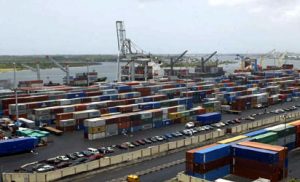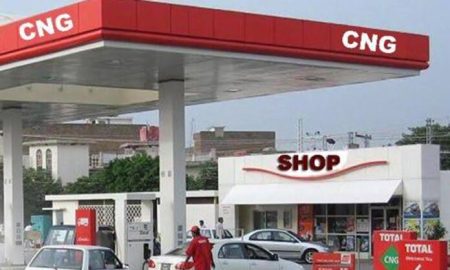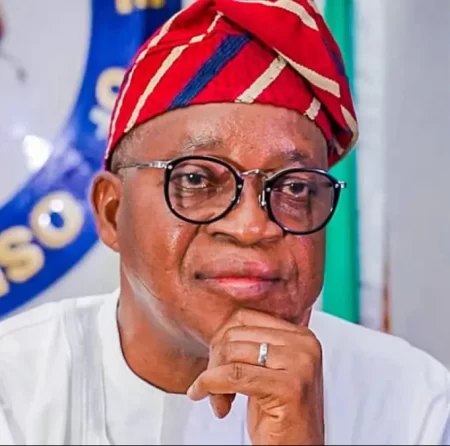
Sam Ikeotuonye
03 October 2018, Sweetcrude, Lagos — The African Regional Conference of the International Association of Ports and Harbours, IAPH, has called for the development of sustainable multi-modal transport linkages with emphasis on rail, inland waterways and pipeline infrastructure.
This is one of the recommendations of the conference, which held in Abuja.
The conference, hosted by the Nigerian Ports Authority, NPA, called on African countries to leverage on the support platforms provided by international bodies such as the International Maritime Organisation, IMO; World Trade Organisation, WTO; and the United Nations Conference on Trade and Development, UNCTAD and others to build technical, financial and operational competence and capacity to raise standards and efficiency levels.
A communique from the conference also urged African countries to “take advantage of opportunities afforded by infrastructural financial institutions such as AfDB, ADF and NTF to access funds required to address the menace of infrastructural deficits as it stressed “the need to build models that will domesticate environmental compliance processes with regard to the peculiarity of the African situation”.
It also advocated introduction and strengthening of private sector participation, PPP, to improve dilapidated port infrastructure and efficiency in port operations as well as African ports developing the right capacity to take investment opportunities in landlocked countries.
To overcome the cumbersome and difficult experiences on intra-Africa trade route occasioned by heavy infrastructural deficit and unfriendly
border post procedures, it called for ministerial/inter-government collaborations across sub and regional levels.
The conference also urged, for the purposes of encouraging funding, that port service providers form viable consortiums to provide the required size for credit guarantees.
The conference drew key stakeholders in port and harbours from across the African continent and other parts of the world.
The assembly of key experts and stakeholders in the port logistics and transport industry provided deeper understanding of the concept of port hinterland connectivity, assessing the present landscape of Africa’s port sector and the challenges faced in hinterland connectivity.



